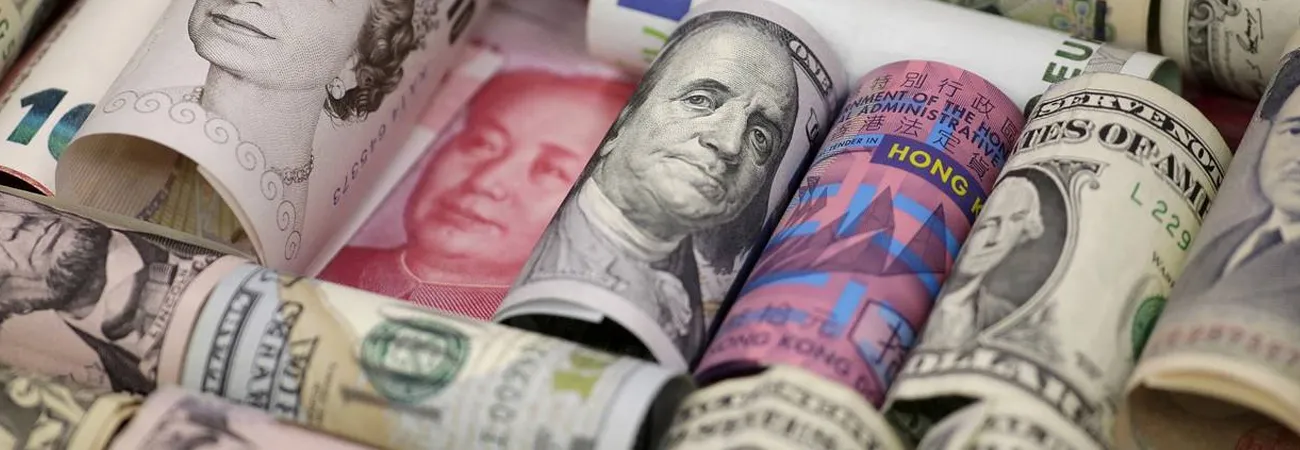i ECONOMY
Pakistan is taxing more than 1100 imported items this year, up from 860 items last year. This is part of a comprehensive strategy to arrest the rapid depletion of the foreign exchange reserves. An executive member at the Ministry of Commerce said this while talking to WealthPK on the condition of anonymity. The import bill increased from $3.7 billion in July to $4.5 billion in August 2023, further straining the country’s current account reserves. The regulatory duties are intended to discourage the import of luxury and non-essential items, thereby conserving the foreign exchange. According to him, the government was swiftly addressing the economic challenges within a tight timeframe of less than six months. Regulatory duties are just one of the measures being taken to stabilize the economy and protect the foreign exchange reserves.
He said the government was actively engaged in revitalization of gas and electricity rates, seeking to make them regionally competitive for five export-oriented sectors. These potential modifications are being explored with an eye on acceptance by the International Monetary Fund (IMF). Additionally, various measures are being considered to facilitate foreign exchange inflows through exports. He explained that a new decision-making body called the Special Investment Facilitation Council (SIFC) was carefully considering a set of proposals to reduce the import bill, which totaled $55 billion last year. He added that Pakistan’s import portfolio was dominated by oil imports, which cost $17 billion last year. Food imports also accounted for a significant portion, with $9 billion spent, including $3.6 billion on palm oil imports. Textile imports totaled around $3.7bn, including $1.7 bn for raw cotton imports.
Last year, in August, the previous government imposed heavy regulatory duties on imports after international pressure to lift a complete ban. The World Trade Organization’s regulations prohibit indefinite import bans, but regulatory duties can be applied under various thresholds on a case-by-case basis. The executive member disclosed that this time around, approximately 1100 items would be subjected to various levels of regulatory duties, marking an increase of nearly 30% compared to the 860 items that faced higher regulatory duties in August last year. “The changes in procedural regulations are being actively considered for import of three-year-old vehicles, both small and luxury,” he elaborated.
Interestingly, many of the items under scrutiny for regulatory duties are essential intermediary raw materials for export sectors, including textiles and chemicals, as well as footwear and more.
The finance ministry is pursuing a petroleum products pricing policy that excludes subsidies and aims to recover the full imported cost, including the exchange rate losses. This includes imposing significant taxes through a petroleum levy capped at Rs60 on petrol and Rs50 on diesel. It is speculated that the diesel levy may see further increases in the coming months. Vegetable and cooking oil will now be the second-largest category to be subjected to regulatory duties to curb consumption and reduce the foreign exchange losses.
Regarding changes in automobile imports, small vehicles would be permitted for overseas Pakistanis remitting $50,000 back home per year, while the limit would exceed $5 million in the case of luxury vehicles, such as 4x4s.
Concluding, he said this scheme could potentially be reinstated, contingent on increased energy consumption compared to the previous year and linked to export growth. The export industries, particularly textiles, may be offered the option of direct electricity purchase from nearby power plants, subject to payment of wheeling charges to the distribution companies to ensure uninterrupted power supply and stability in the industrial operations.
Credit: Independent News Pakistan (INP)









